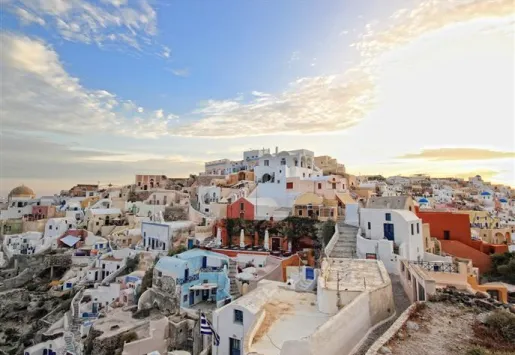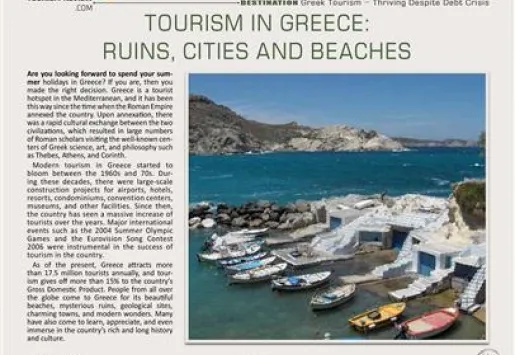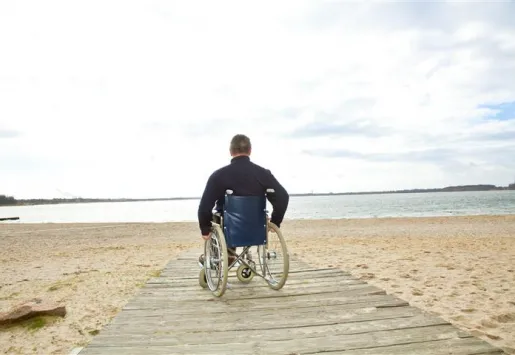
The ongoing influx of migrants and the closure of the Greco-Macedonian border bring Greece in difficulties. Supposedly more than 25,000 refugees are wandering through the country. Tourism in Greece thus suffers as more and more tourists cancel their trips.
Due to the refugee crisis, Greece's tourism industry records a massive decrease in bookings and an increasing number of canceled tours. According to a report by Athenese newspaper "Kathimerini", the East Aegean islands, where refugees arrive from Turkey, are especially bad off.
In Lesbos, bookings have decreased by 90 percent compared to last year; in Samos, the bookings decreased by 40 percent. Airlines are said to have dropped some of their air connections and several cruise lines have changed their routes.
Tourism in Greece constitutes about 25 percent of the gross domestic product (GDP). Its decline could further weaken the financially stricken country. The spending on reception centers and registration centers (Hotspots) as well as accommodation for refugees are estimated half a billion Euros for 2015 alone, as reported the Greek financial magazine "Capital".
After long discussions, Greece's administration and its investors came to terms on additional financial help linked to strong money saving terms in 2015. The loosening of saving terms due to the refugee crisis is currently being denied by the International Monetary Fund. The effects of the refugee crisis on tourism could radically tighten the country's economic situation.















